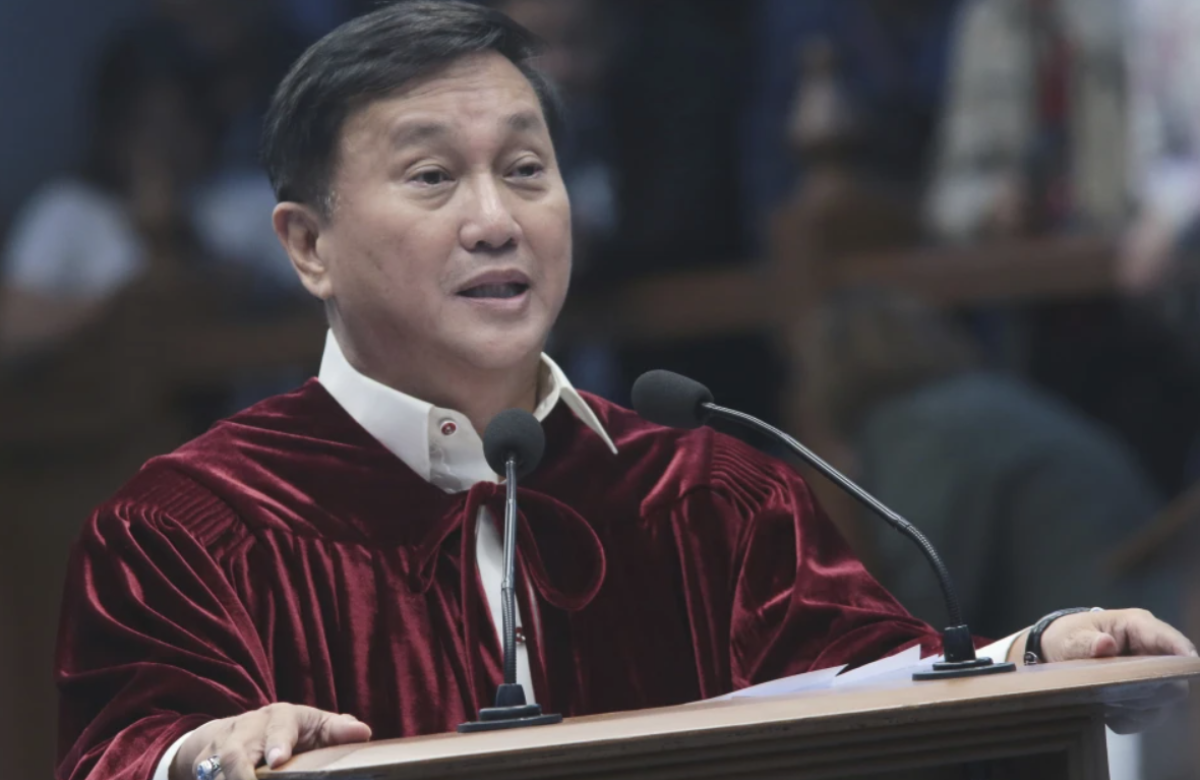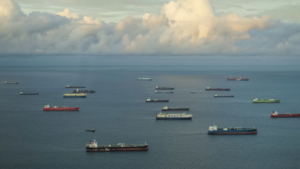China has imposed sanctions on former Philippine senator Francis Tolentino after he criticized Beijing’s assertive actions in the disputed South China Sea, prompting Manila to summon China’s ambassador to express its concerns.
Last week, China’s Foreign Ministry announced it would indefinitely bar Tolentino from entering China as well as the territories of Hong Kong and Macao. The ministry accused Tolentino and other critics of China of engaging in “malicious words and deeds” that damage China’s interests and strain relations between the two countries.
“The Chinese government is firmly committed to protecting its national sovereignty, security, and development interests,” the ministry stated.
Philippine officials described the sanctions as inconsistent with principles of mutual respect between sovereign nations. On Friday, the Philippines’ Department of Foreign Affairs called in Chinese Ambassador Huang Xilian to formally convey its displeasure with the move.
Foreign Secretary Theresa Lazaro emphasized that while China has the legal authority to impose sanctions, penalizing democratically elected officials for their official duties runs counter to the spirit of respectful dialogue that should guide bilateral relations. She added that the Philippines, as a democracy, values freedom of expression and that its officials have a responsibility to investigate issues vital to national interests.
In response, the Chinese Embassy in Manila defended the sanctions as a lawful action and warned that Tolentino’s “malicious smear” and attempts to provoke confrontation would ultimately harm both China’s and the Philippines’ interests.
Tolentino, whose Senate term ended recently, was the author of two key laws — the Philippine Maritime Zones Act and the Philippine Archipelagic Sea Lanes Act — which affirm the country’s territorial claims and rights to resources in the South China Sea. President Ferdinand Marcos Jr. signed these laws in November, drawing China’s ire.
Tolentino also accused China of planning to meddle in the Philippines’ May midterm elections and had initiated an investigation into alleged Chinese espionage during his time in the Senate.
Tensions between Chinese and Philippine coast guard and naval forces in the contested waters have increased in recent years, raising concerns that the United States, a longtime ally of Manila, could be drawn into a conflict. While Washington does not claim territory in the South China Sea, it has warned that it is obligated to defend the Philippines if its forces are attacked in the area, according to the terms of their mutual defense treaty.
Also Read:
Philippines condemns Chinese coast guard’s use of water cannon on a research vessel
Former Philippines President Duterte arrives in the Netherlands after ICC arrest













